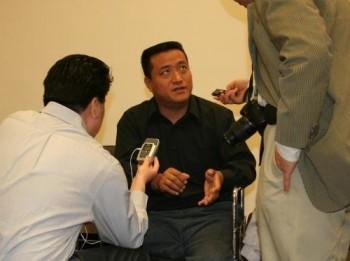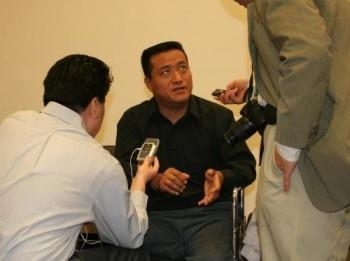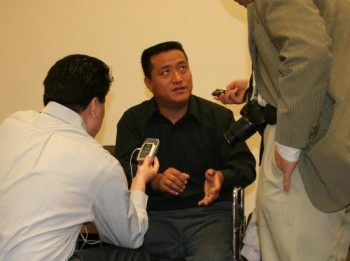Don’t Wake Us Up, Say Homeless
On a daily commute, one might see a sleeping homeless person, perhaps on a park bench, or on a subway train. To deprive sleep is a crime against humanity, said Michael-Vincent Crea, a current homeless pastor.

Fang Zheng speaks to reporters prior to a Capitol Hill press conference May 18 regarding the Chinese regime�s violent suppression of democracy demonstrators on Tiananmen Square June 4, 1989. As he was attempting to escape Tiananmen, a tank ran him down, Gary Feuerberg/The Epoch Times

Zachary Stieber
Senior Reporter
|Updated:
Zachary Stieber is a senior reporter for The Epoch Times based in Maryland. He covers U.S. and world news. Contact Zachary at [email protected]
Author’s Selected Articles





